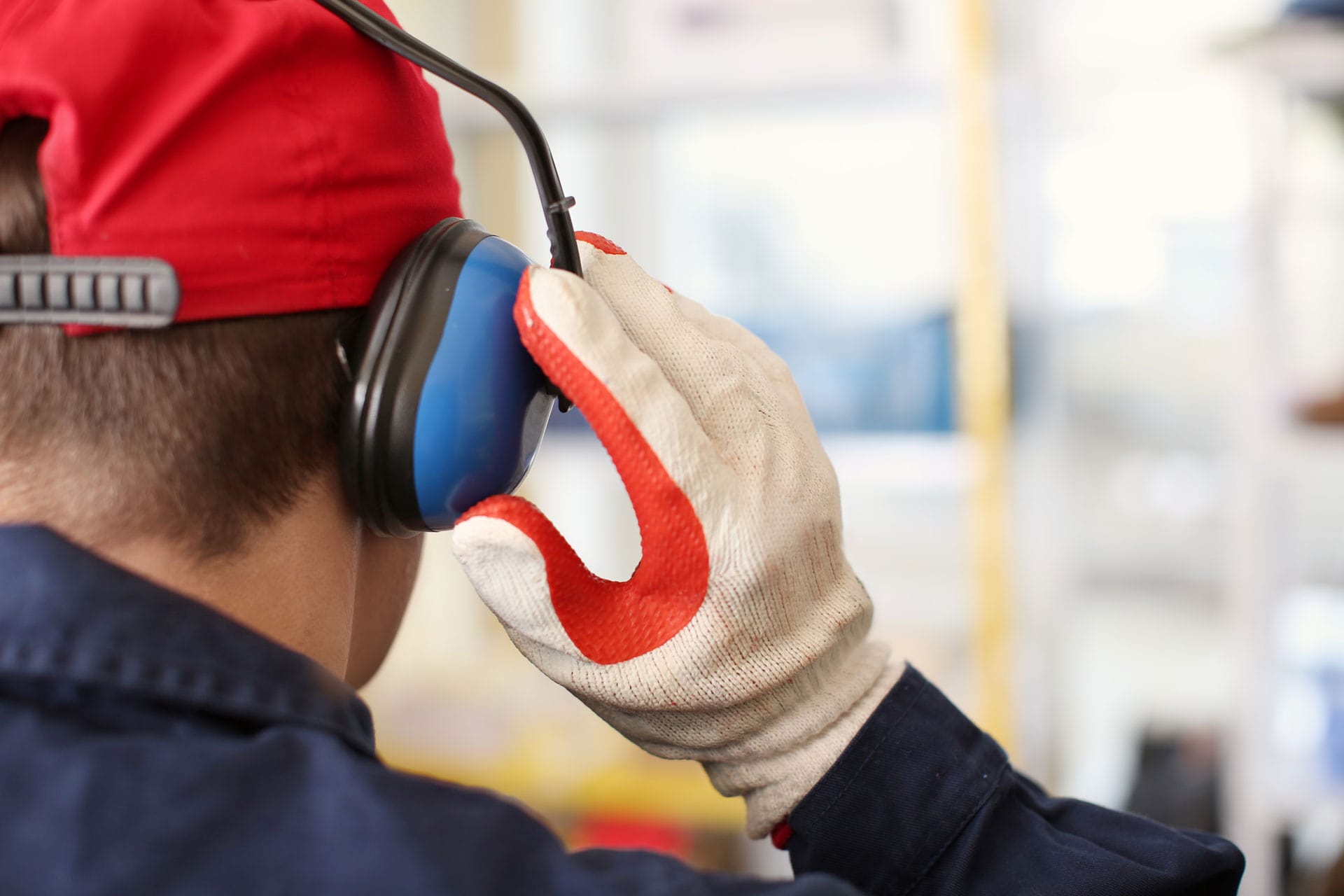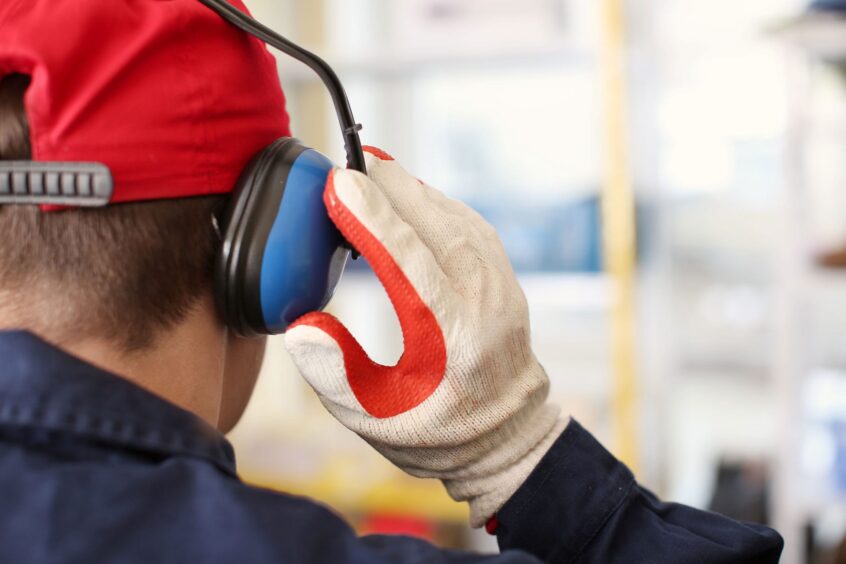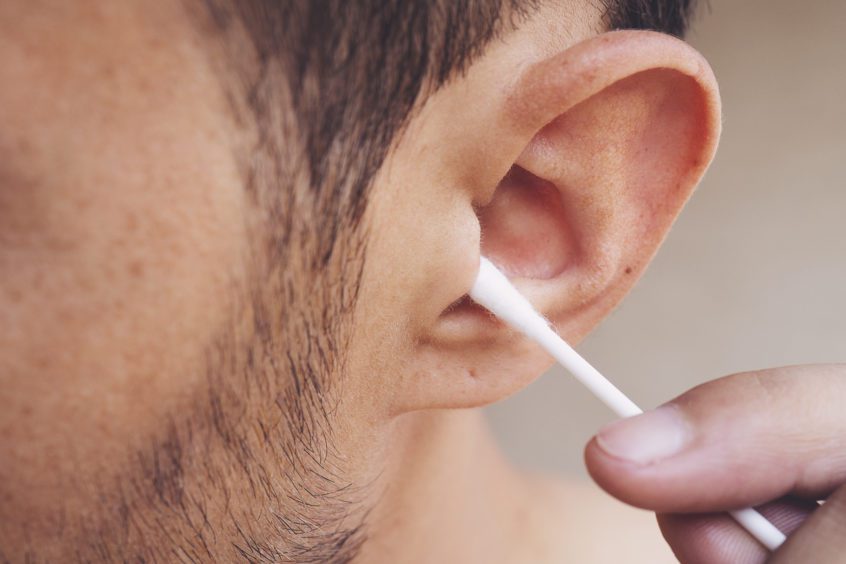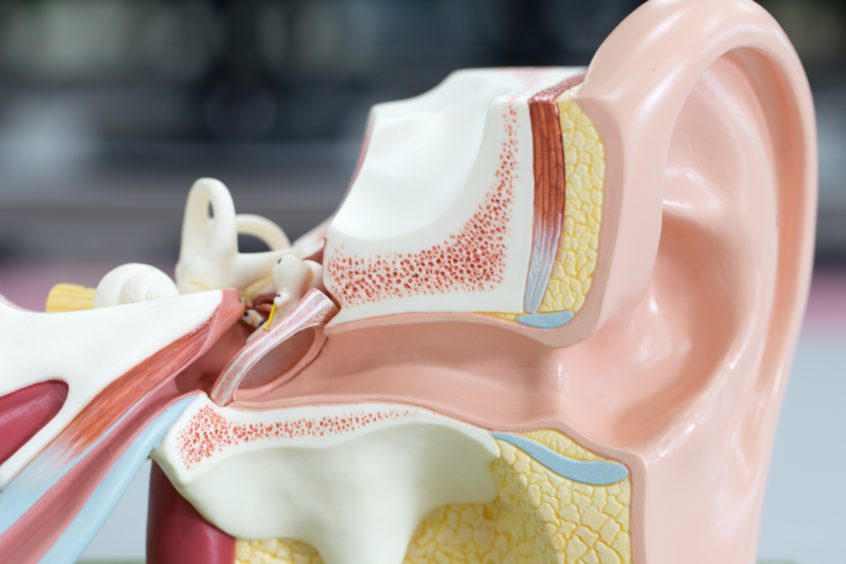The world is noisy and getting noisier. Here’s how common loud noise at work and home is, and how you can protect your hearing! It’s a noisy world. Probably noisier now than at almost any time in human history. But noise has its place, for better or worse, in life and in hearing loss. From an evolutionary standpoint, noise has … Read More
Preventing Noise-Induced Hearing Loss
We’re exposed to loud noises every day, but when those noises are extremely loud, or we’re exposed to them over and over, they can cause what’s called noise-induced hearing loss. Now a new study sheds light on the role of zinc in NIHL, and possible ways to prevent it. It’s one of the most common causes of hearing loss—exposure to … Read More
New Study Finds People Living in Rural Areas at Greater Risk of Hearing Loss
A new study has identified those who live in rural America at higher risk for hearing loss. Why? Probably because many in these areas work in industries that consistently expose them to loud noises, like agriculture, making prevention the best course of action. A study recently published in the journal Lancet Regional Health-Americas, is one of the first to estimate … Read More
Why Do I Have Itchy Ears?
Having “itchy ears” is a common problem. There are lots of reasons why our ears might itch. Sometimes it’s as simple as dry skin or wax in our ear canals, but it can also be the result of contact dermatitis or seborrheic dermatitis; an infection; irritation from hearing aids or earbuds; or allergies. In some cases, the itching occurs in … Read More
Debunk the Gunk! How Earwax Can Literally Plug Your Ears Up
If you’re like millions of Baby Boomers, you grew up with this staple on the bathroom counter—cotton swabs. Parents used them to clean your ears as an infant, and as you grew older, taught you that’s the best way to keep your ears clean, too. But is it? Cotton swabs may not be just what the doctor ordered. The first … Read More
Why You Should Pay Attention to That Ringing in Your Ears
The U.S. Centers for Disease Control estimates that nearly 15% of the general public — over 50 million Americans — experience some form of tinnitus. Roughly 20 million people struggle with burdensome chronic tinnitus, while 2 million have extreme and debilitating cases. What does tinnitus sound like and what can you do about it? Usually, tinnitus is a sound that … Read More
Measuring the Impact of Hearing Loss on Life
How do you measure the impact of hearing loss on life? According to the National Institute of Occupational Safety and Health (NIOSH), one way is to calculate disability-adjusted life years (DALYs). These are the number of healthy years lost due to a disease or other health condition. For a condition like hearing loss, it doesn’t mean that a person dies … Read More
Signs and Symptoms of Skin Cancer of the Ears
According to the Skin Cancer Foundation, more than 4 million Americans are diagnosed with the most common form of skin cancer each year, basal cell carcinoma. Squamous cell carcinoma is the second most common form of skin cancer. Though we don’t treat skin cancer at Associated Audiologists, because we are constantly examining patients’ ears for hearing loss, we discover and … Read More
What’s the Problem with Earwax?
From the time you were old enough to bathe on your own, your parents probably taught you that an important part of hygiene is keeping your ears clean. But did they teach you the correct way to clean your ears? And what happens if you don’t clean them? Is there really any danger to a build-up of excess earwax? Let’s … Read More
Tinnitus relief: methods for coping with tinnitus
Tinnitus is described as a condition where a patient hears ringing and buzzing in their ears, despite no outside noise being present. Often, cases of tinnitus induce stress and depression in the individual suffering from the condition.
- Page 1 of 2
- 1
- 2











